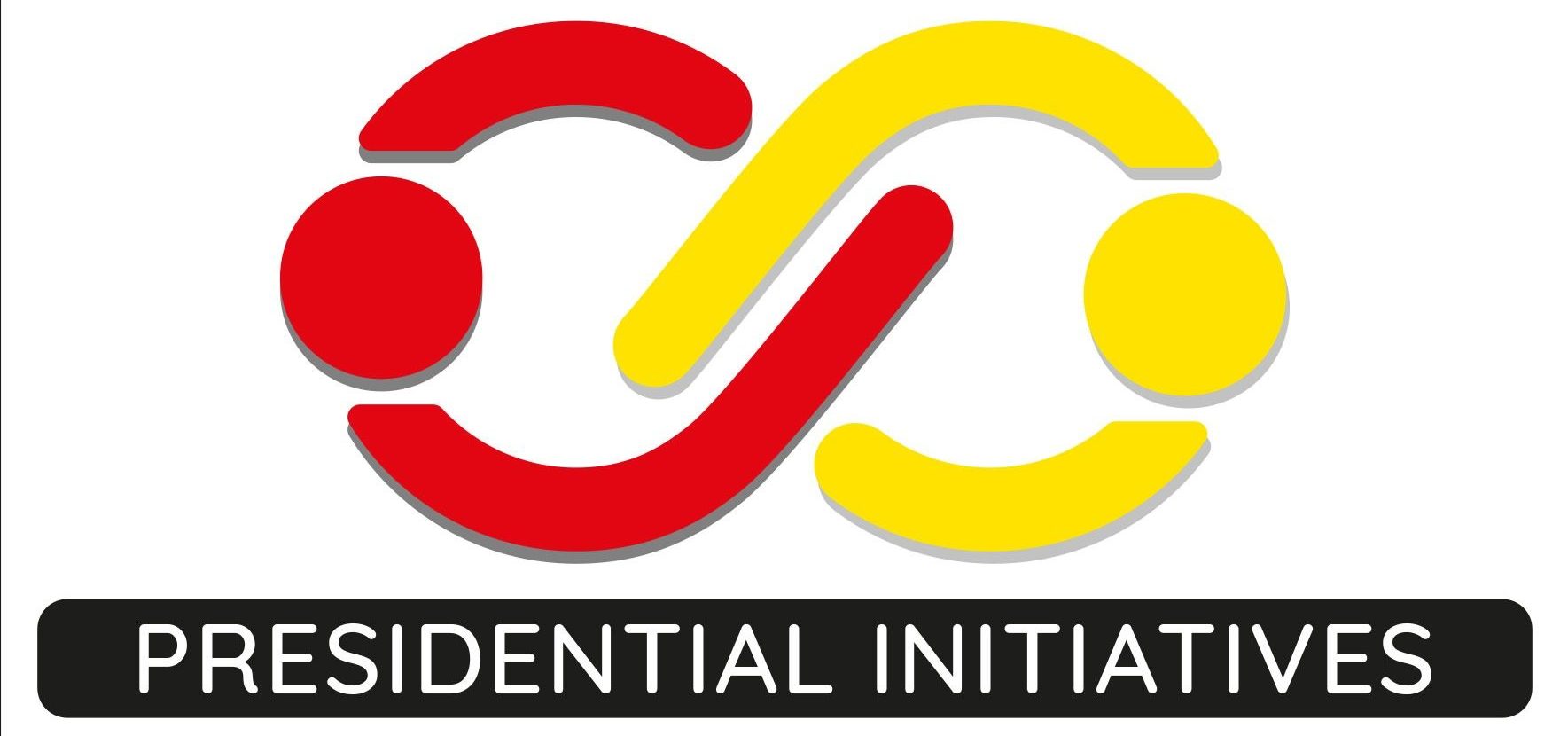
President Yoweri Kaguta Museveni has directed leaders at all levels to spread the gospel of home income production among the populace in order to lift communities.
President Museveni, accompanied by the First Lady and Minister of Education and Sports, Maama Janet Kataha Museveni, hosted a group of exemplary farmers from the nine villages of Gomba and Sembabule Districts at his Kisozi farm, emphasizing the importance of prioritizing household income as a catalyst for development.
During the meeting on Tuesday, April 2, 2024, President Museveni stressed the crucial role of leaders in fostering prosperity at the grassroots level, citing the success of the Greater Kisozi Model Villages project, which began in 2011.
“People should work for both the stomach and the pocket and here you should work for the pocket with “ekibaro”. This has been our message since the 1960s. I’m not sure why our authorities focus on roads, electricity, and other infrastructure while ignoring the most important part of household income. We can have good infrastructure while still living in poverty, and we can develop prosperity without it,” he remarked.
In 2011, President Museveni donated cows, goats, coffee seedlings, piglets, money, and other agricultural items to people in nine communities in Gomba and Sembabule, with the goal of assisting them in combating poverty and generating cash to improve their livelihoods.
The villages that benefited are Kirasi, Kisozi A, Kisozi B, Obutugu, Lutunku A, Lutunku B, Kajumilo, Kasozi, and Kikuumadungu.
Reflecting on his decades-long journey of organizing Ugandans to build wealth, the President highlighted his pioneering techniques, which date back to the 1960s, when he launched a campaign against poverty in the Ankole district.
He stated that his objective was clear: to empower communities by pushing them to adopt modern farming techniques and business.
President Museveni recalls advising farmers in the cattle corridor to shift from nomadic to established farming, emphasizing the advantages of dairy production and land management.
“The Ankole people embraced my message of wealth creation,” President Museveni stated, highlighting the success of his strategy to improving the region’s economy.
The President also reflected on the problems that communities experienced in the 1990s, when poverty was widespread and opportunity were scarce.
However, he emphasized that his resolve to influence change resulted in the development of projects such as supplying homes with livestock and agricultural resources such as cows, coffee, and pigs.
President Museveni underlined his commitment to working with project beneficiaries to guarantee long-term progress.
“We will continue to add resources to the project,” he said, assuring farmers of the government’s steadfast commitment to achieving inclusive growth and prosperity.
The President also reiterated his call to farmers to embrace the four-acre model of farming, in which they can grow coffee on the first acre, fruits on the second acre, dairy cows on the third acre, food crops on the fourth acre, and poultry, piggery for non-Muslims, and fish farming for those near swamps in the backyard.
“That is what we advised you in the 1996 Manifesto, but you’ve discovered that people don’t care. “We need prosperity for everyone,” he remarked.
“Leaders as we do mobilisation, we should know that it involves fighting poverty, fighting ignorance and promoting health because all that concerns us.”
On the other hand, Ms. Sarah Nalwanga, the Project Coordinator, praised the scheme’s effectiveness, citing large gains in household assets and agricultural output.
“So far, 2,035 households have benefited from the project,” she went on to say.
She stated that the project’s components, which include house improvement, food security, income-generating activities, value addition, and SACCO support, aim to empower people to better their livelihoods in a sustainable manner.
Ms. Nalwanga reported that the project has made tangible progress thanks to strategic interventions such as the provision of livestock, agricultural implements, and perennial crops.
Members of Parliament from Gomba and Sembabule Districts also thanked President Museveni for his visionary leadership and commitment to improving Ugandans’ lives.
They promised to mobilise communities to support government programs like as the Parish Development Model (PDM) and Emyooga, which aim to reduce poverty in the country.
The MPs were Hon. Robina Rwakoojo of Gomba West County, Hon. Sylvia Nayebare, Gomba District Woman legislator, and Hon. Mary Begumisa, Sembabule District Woman lawmaker.
Beneficiaries speak up.
Mr. James Kalanda, a resident of Kirasi village in Gomba District who was formerly struggling to make ends meet, today serves as a testament to the power of opportunity.
“I received mango seeds, which I planted. Now, I sell each mango for sh500, earning a whopping sh300,000 every week,” Mr. Kalanda explained.
Mr. Kalanda has used his newfound revenue to finance his child’s schooling as well as to purchase three motorcycles to deliver his vegetables to neighboring marketplaces.
Ms. Josephine Namusisi, a resident of Kirasi Village in Gomba District, thanked the President for the project.
“Mr. President, you are responsible for who I am today. I was so impoverished that I lived in an awful grass-thatched home.”
Ms. Namusisi stated that the project provided her with vital tools such as hoes and pangas, allowing her to embark on a journey of self-sufficiency.
She now cultivates food and uses organic fertilisers, boosting both her livelihood and health.
Another success story came from Mr. George Ssabagabo, a native of Kirasi village who credited the President with his success.
“I have twenty Friesian cows. With your help, I now sell three jerrycans of milk per day, earning sh4,2000 for each jerrycan,” he stated.
Mr. Ssabagabo informed the President that by diversifying his agricultural endeavors, including banana farming, he was able to secure a steady income, allowing him to build a new home and break free from poverty’s hold.
The meeting was also attended by Hon. Balaam Barugahara, Minister of State for Youth and Children, and Hajjat Hadijah Uzeiye Namyalo, Head of the Office of the National Chairman-NRM.



